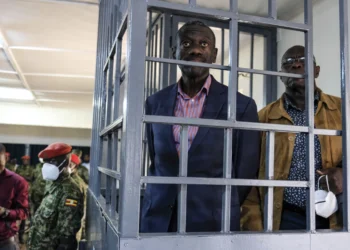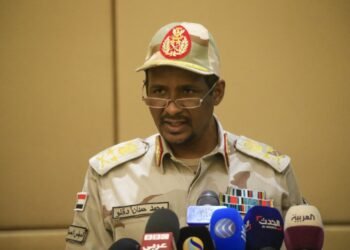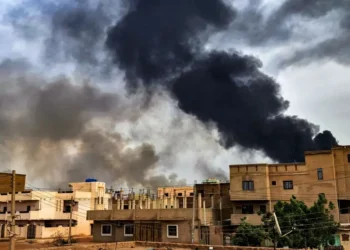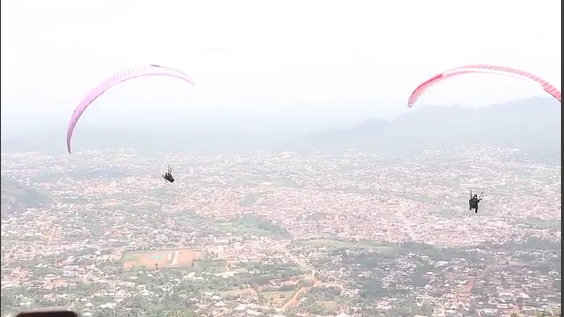A devastating attack on the Saudi Teaching Maternal Hospital in El Fasher, Sudan, has claimed the lives of at least 70 people and injured 19 others, according to the World Health Organization (WHO).
The assault is the latest in a series of violent incidents as Sudan’s civil war continues to escalate, leaving civilians in dire conditions.
WHO Director-General Tedros Adhanom Ghebreyesus confirmed the casualty figures in a post on X, formerly Twitter, describing the hospital as being “packed with patients receiving care” at the time of the attack.
The facility, located near the frontlines in North Darfur’s capital, had been a vital lifeline for the besieged city. “The appalling attack on Saudi Hospital in El Fasher, Sudan, led to 19 injuries and 70 deaths among patients and companions,” Ghebreyesus wrote.
He also reported that another health facility in Al Malha was attacked on the same day.
“We continue to call for a cessation of all attacks on health care in Sudan and to allow full access for the swift restoration of the facilities that have been damaged. Above all, Sudan’s people need peace. The best medicine is peace.”
WHO Director-General Tedros Adhanom Ghebreyesus
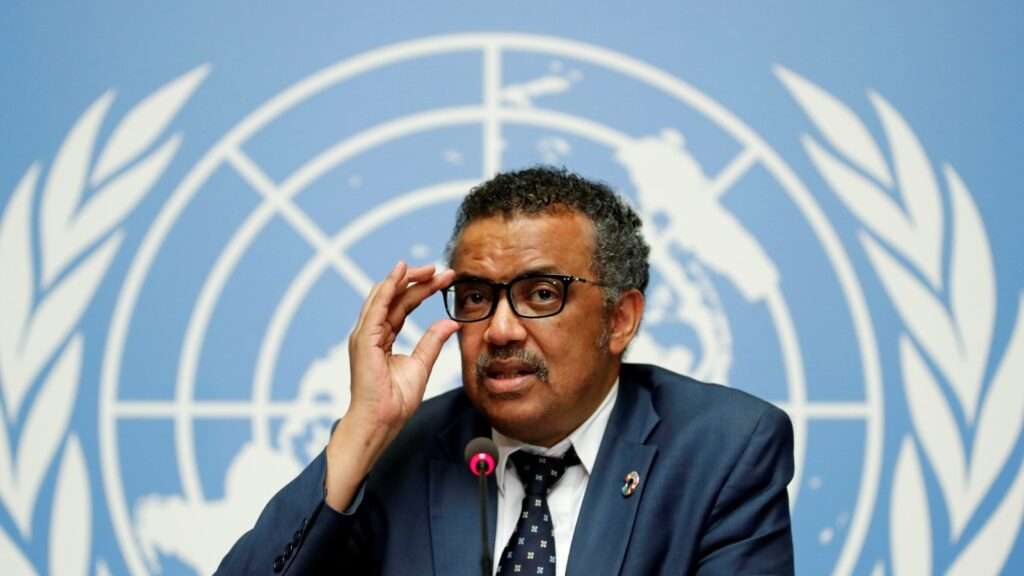
Local officials have blamed the rebel Rapid Support Forces (RSF) for the attack on the hospital, though the group has not acknowledged responsibility. The RSF has been under pressure following reported battlefield losses to Sudanese military forces led by Gen. Abdel-Fattah Burhan.
United Nations official Clementine Nkweta-Salami, coordinating humanitarian efforts in Sudan, noted that the RSF had issued a “48-hour ultimatum” to forces allied with the Sudanese Armed Forces, signaling a forthcoming offensive. “Since May 2024, El Fasher has been under RSF siege,” Nkweta-Salami said.
“Civilians in El Fasher have already endured months of suffering, violence, and gross human rights abuses under the prolonged siege. Their lives now hang in the balance due to an increasingly precarious situation.”
Clementine Nkweta-Salami
The siege has displaced hundreds of thousands of people, with El Fasher’s population swelling to over 1 million. The U.N. estimates that 782 civilians have been killed and more than 1,140 injured during the siege, though the actual figures are believed to be much higher.
War’s Toll on Civilians and Infrastructure
The Saudi Teaching Maternal Hospital has been repeatedly shelled during the conflict, yet its medical staff continue to perform surgeries, often under the light of mobile phones due to power outages. The hospital’s destruction further jeopardizes access to healthcare for those trapped in the city.
Meanwhile, the RSF appears to have lost control of key infrastructure recently. Sudanese military forces claimed to have seized the Khartoum refinery, the country’s largest and a critical asset for the economies of both Sudan and South Sudan.
Additionally, Burhan’s forces reported breaking an RSF siege at the Signal Corps headquarters in northern Khartoum. The RSF, however, insists it is “tightening the noose” around military strongholds, signaling that the conflict is far from over.
Sudan has been in turmoil since the ousting of longtime dictator Omar al-Bashir in 2019. A brief transition to democracy was derailed in 2021 when Burhan and RSF leader Gen. Mohammed Hamdan Dagalo staged a military coup.
The RSF, which evolved from the notorious Janjaweed militias accused of genocide in Darfur in the early 2000s, has been accused of renewed atrocities against ethnic African groups during the current conflict. Rights groups and the U.N. have documented widespread human rights abuses, including attacks on civilians and infrastructure.
Since fighting erupted in April 2023, the war has killed over 28,000 people and displaced millions. Famine looms over parts of the country, with some families resorting to eating grass to survive.
Despite international mediation efforts and U.S. sanctions targeting both the RSF and Sudanese military leaders, the violence shows no signs of abating.
As the humanitarian crisis deepens, the call for peace grows louder. However, with both sides entrenched in their positions, a resolution remains elusive, leaving Sudan’s civilians to bear the brunt of the conflict.
READ ALSO: Ketu North MP Debunks Allegations of NDC’s Involvement in Fee Hikes


